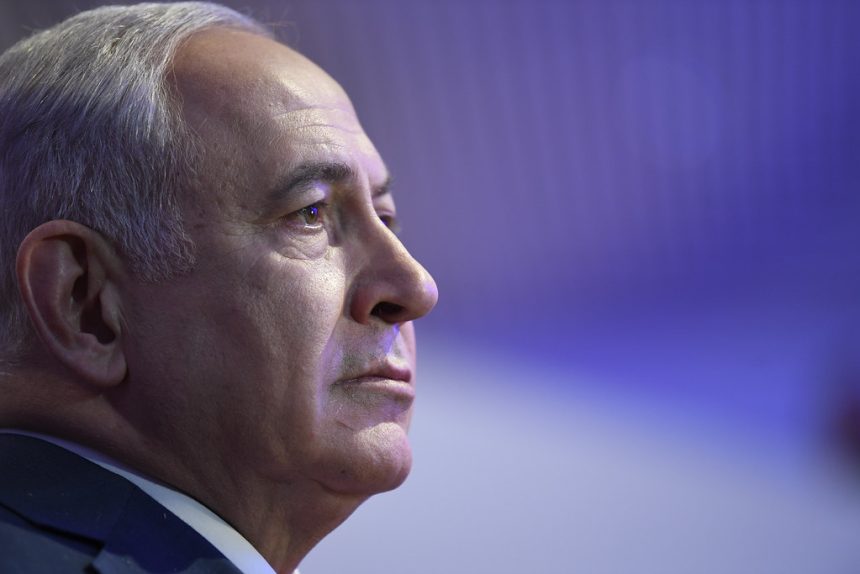“Betrayed Israel and Abandoned Australia’s Jews”
Israel’s Prime Minister Benjamin Netanyahu launched a blistering attack on Australian Prime Minister Anthony Albanese, calling him a “weak politician who betrayed Israel and abandoned Australia’s Jews.” The remarks came in response to Australia’s recent announcement to formally recognize a Palestinian state at the upcoming UN General Assembly and the cancellation of a visa for prominent Israeli MP Simcha Rothman. Netanyahu made the statement in a post on X (formerly Twitter) and through official channels.
Recognition of Palestine and Visa Dispute Spark Fallout
Australia’s decision to recognize Palestinian statehood marked a significant shift in its Middle East policy—aligning with similar moves by Western peers seeking a two-state solution amid the Gaza conflict. In parallel, Canberra denied entry to Rothman due to his inflammatory remarks about Palestinians. Israel swiftly countered by revoking visas for Australian diplomats to the Palestinian Authority.
Canberra Pushes Back—Whatever Strength Means Isn’t in Violence
Australia responded forcefully to Netanyahu’s volley. Home Affairs Minister Tony Burke defended the visa refusal, stating “strength is not measured by how many people you can blow up” and praised Albanese’s “courageous diplomacy.” Foreign Minister Penny Wong described Israel’s reaction as diplomatically isolating and unjustified, especially given Australia’s humanitarian focus during the Gaza conflict.
Meanwhile, Albanese declined to escalate the rhetoric, affirming that he informed Netanyahu beforehand of Australia’s intention to recognize Palestine, and emphasised that the decision aligned with public sentiment and long-term peace aspirations.
Jewish Community Reacts—Not Feeling Abandoned
Leaders within Australia’s Jewish community appeared unmoved by Netanyahu’s comments. Alex Ryvchin, co-CEO of the Executive Council of Australian Jewry, said the community does not feel abandoned, expressing concern over the fraying diplomatic ties but reaffirming faith in the Australian government’s stance.
Diplomatic Ripple Effects and Regional Fallout
Netanyahu’s remarks punctuate rapidly deteriorating Australia–Israel relations, casting shadows over trade, security cooperation, and shared democratic values. Critics argue the attack may strain Australia’s relationships with key allies, including the U.S., especially amid shifting geopolitical tensions in the Indo-Pacific.
What Lies Ahead
With this spat raising stakes at an early stage of Australia’s foreign policy shift, the diplomatic rift could widen—depending on responses at the UN General Assembly, regional developments, and broader geopolitical alignments. While Australia doubles down on its peace-driven posture, Israel’s reaction reflects mounting impatience with allies diverging from its stance.











